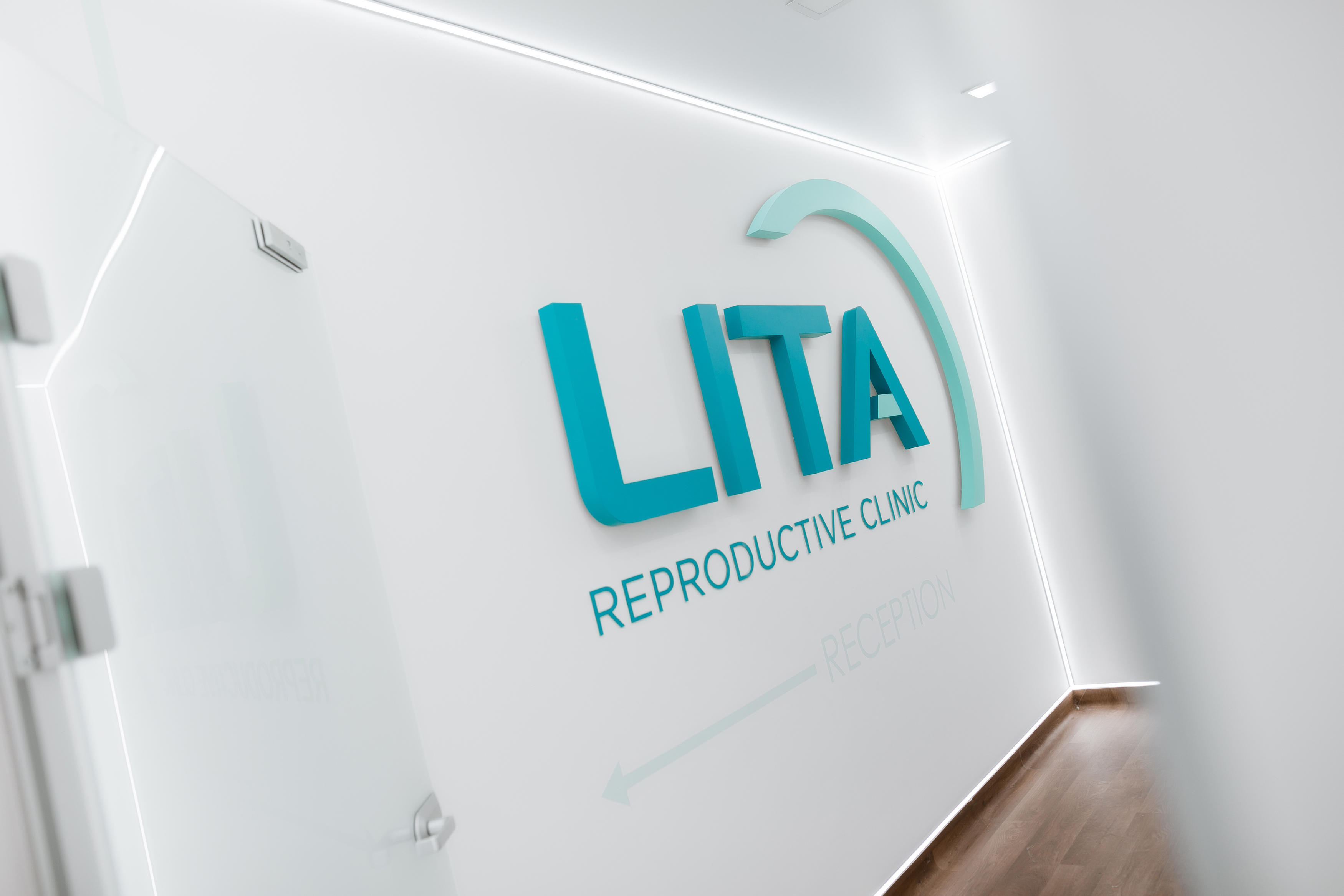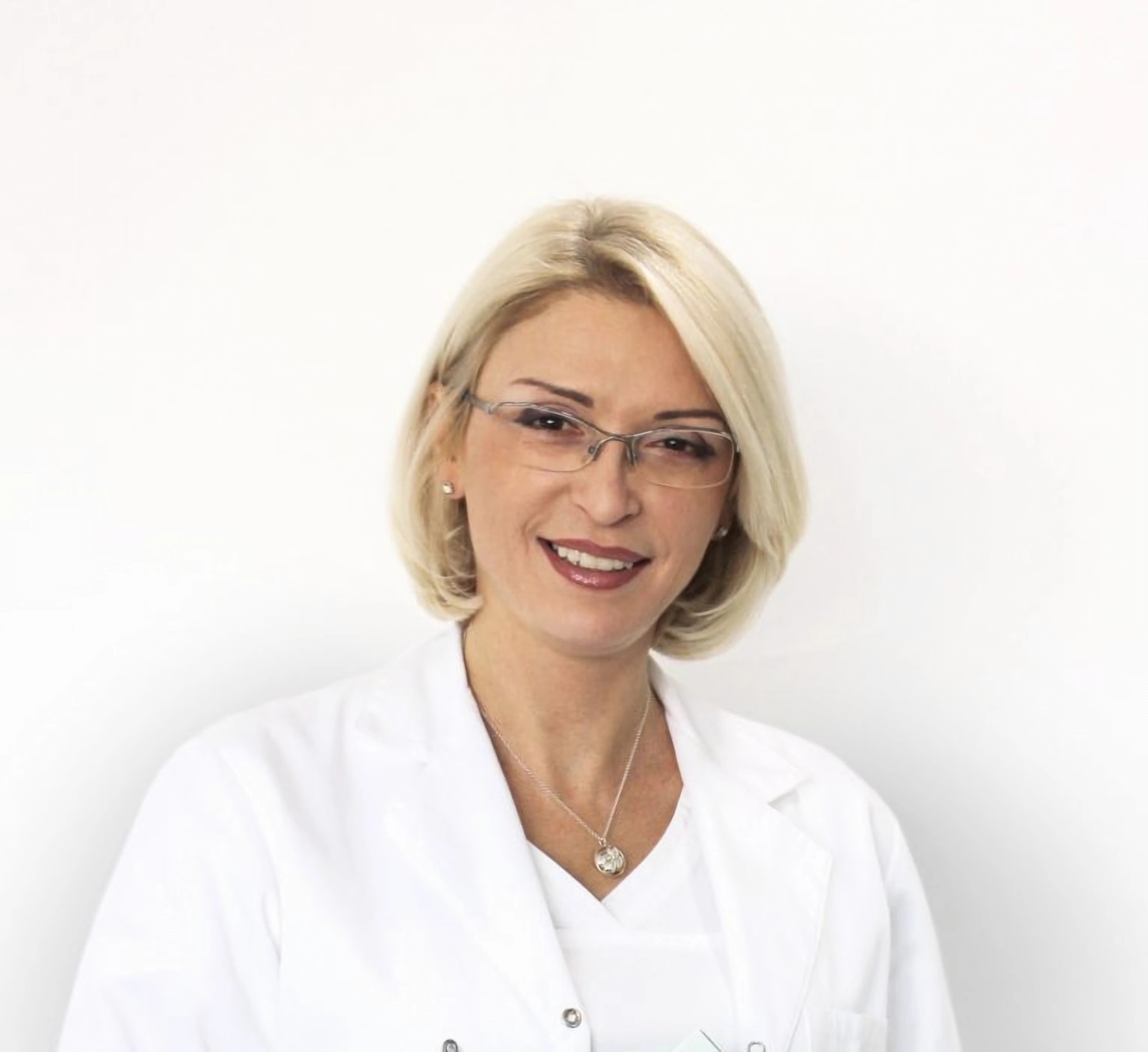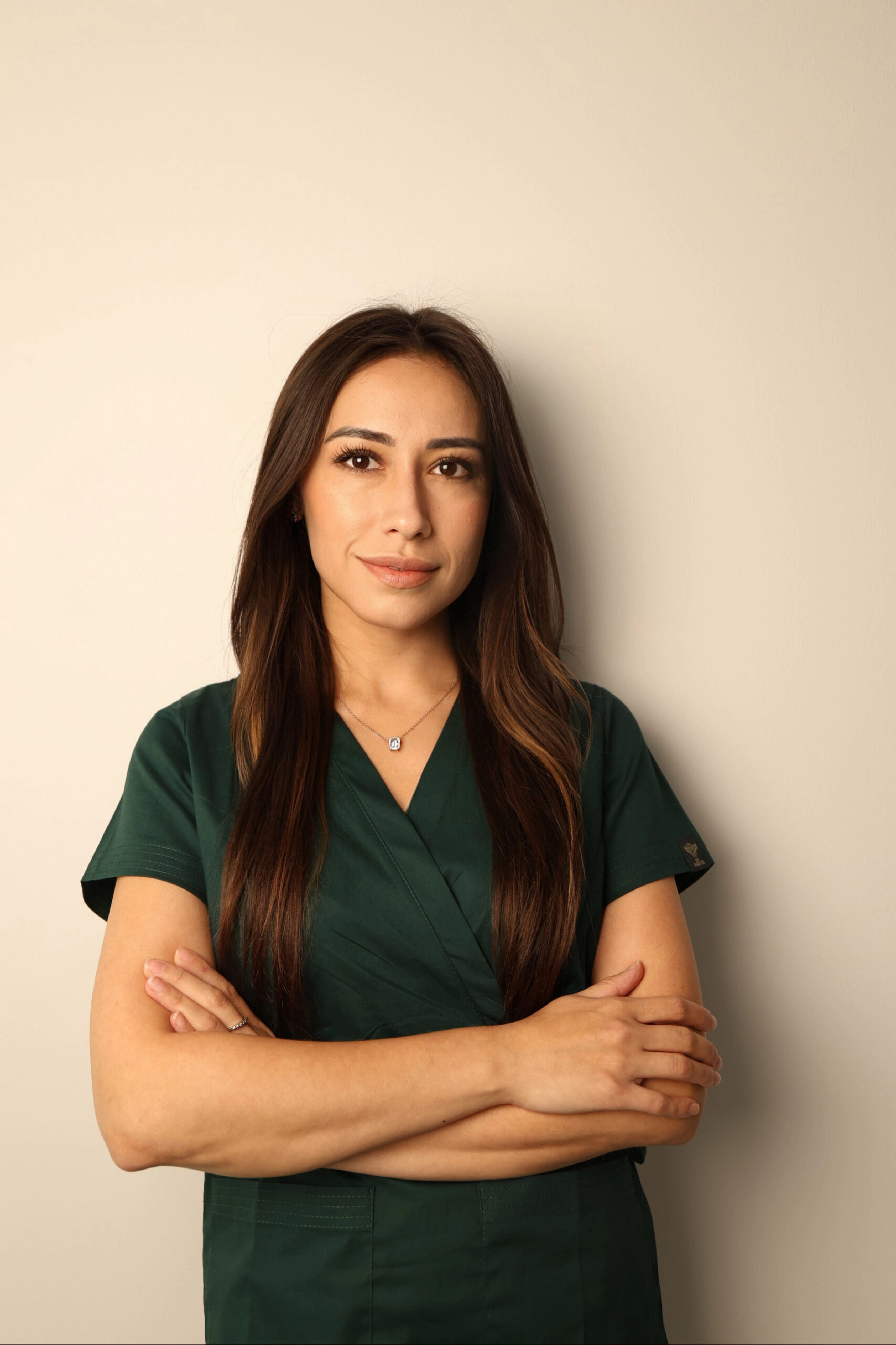The cost of surrogacy in 2024
How do we organize your medical trip?





Surrogacy
An increasing number of couples find it difficult to have a baby every year. This applies both to partners who want to have their first child, and to families who dream of having a second or third child.
At the same time, more and more couples experience difficulties in having a child.
There are many reasons for the negative impact on couples' fertility. These include: the environment, a tendency toward late conception, problems with general health and the sexual system, high levels of stress, exposure to poor quality foods and outside chemicals, and early sexual activity in women.
It is also worth noting that while prior to the mid-20th century women were always blamed for problems with conception, modern research has proven that the absence of pregnancy in 50% of cases is due to male infertility. And these numbers are increasing, as only a quarter of a century ago the percentage of male infertility was only at the 40% mark.
There are several options for dealing with pregnancy problems:
For couples who have some difficulty getting pregnant but can still conceive, carry and bear a child:
For couples who cannot conceive, bear or give birth on their own:
- Surrogacy
- Adoption
And today we'd like to talk about partners who can't have children but don't agree to adoption. There is only one option left for them and that is – surrogacy. So let's look at all of its aspects and figure out if it really is a panacea for all couples who want to have a child.
Let's take a look at all of its aspects and see if it really is a panacea for all couples who want to have a child.
Doctors See all doctors
What is surrogacy? Who is a surrogate mother?
Surrogacy is a method of assisted reproductive technology aimed at enabling a couple to have their own child in cases where the mother is unable or unwilling to carry the baby herself. The method was pioneered in 1985 in Great Britain and has been in regular practice worldwide since 1989.
A surrogate is a woman in whose uterus a fertilized egg is placed and carries a child for the couple. Fertilization of the egg with a sperm cell takes place in a laboratory and eliminates the need for sexual intercourse with the surrogate. The surrogate mother is not the mother of the child and has no rights to it. The child belongs to the couple and they are the parents.
Statistics concerning surrogacy
If you do not have an unambiguous relationship to the topic of surrogacy, this data can give you an idea of the attitude towards this phenomenon in the world, the frequency of its use, and its success.
Attitudes of women of fertile age (18-40 years old) toward surrogacy in the world:
|
Country |
Would you agree to use surrogacy services if you were having problems getting pregnant? (Answered yes)
|
Would you agree to use surrogacy services to avoid the hardships of pregnancy, as long as you can bear a child yourself? (Answered yes)
|
Are you willing to consciously give up having a child/childfree? (Answered yes)
|
|
UK |
61% |
18% |
22% |
|
Denmark |
82% |
45% |
39% |
|
Norway |
92% |
36% |
38% |
|
China |
15% |
5% |
1,5% |
|
Singapore |
12% |
10% |
5% |
|
India |
22% |
2% |
0% |
|
Indonesia |
13% |
3% |
0% |
Surrogacy success statistics depending on the IVF method:
|
The natural cycle |
The fertility rate is 8-11%. The probability of conception is low because of the number of mature eggs (one or two). |
|
Cryo-protocols |
23-25% success rate. |
|
Use of donor germ cells |
46-47% success rate. |
|
IVF in combination with ICSI |
32-23% for the first attempt at artificial insemination. 40-42% at the second attempt. The chances of a successful conception increase with each subsequent attempt. |
Surrogacy success statistics by country:
- U.S. 72-75%
- Ukraine - 73%
- UK - 68%
- Israel - 50%
- Spain - 45%
- Japan, Sweden - 42%
Types of surrogacy
Three types of surrogacy can be distinguished:
- Gestational SM using the couple's sperm and egg. This method is possible, provided that the genetic material of both parents is normal and there is a high chance of healthy development and no abnormalities in the child.
- Gestational surrogacy using sperm or an egg from a donor. It is used when one of the couple is infertile or their biological material could adversely affect the health of the unborn child.
- Traditional SM. Means that a surrogate's egg will be used during conception and she will be the biological mother of the child. It is very rare for commercial surrogacy and occurs in non-commercial surrogacy if the woman who will carry the baby is a relative or close family friend. Extremely not recommended from an ethical and legal point of view.
Who uses surrogate mothers?
Surrogacy services are very popular, but due to the sensitive nature of the reasons why couples resort to them and the procedure itself, it is not commonly advertised. Partners who resort to this method of assisted reproduction highly value confidentiality.
They turn to surrogacy for the following reasons:
- Complete infertility of one of the partners.
- A course of treatment that cannot be interrupted. For example, chronic conditions or cancer.
- Unwillingness of a woman to carry a child on her own.
- The inability of a woman to bear or bear a child.
- High risks to a woman's life during pregnancy or childbirth.
- Both partners are of the same sex.
- Lack of a partner. Some people decide to have a child without a partner of the opposite sex, mostly men.
Searching for a surrogate (country)
If you are seriously considering turning to surrogacy and looking for the right country to do so, you need to approach this issue very thoroughly.
Some tips about finding a surrogacy country:
- Check the list of countries where commercial surrogacy is allowed. It includes: most US states, South Africa, Kazakhstan, Ukraine, Greece and the Czech Republic. This list is subject to change, as in many countries surrogacy issues are not currently regulated by law or a ban on the practice is being discussed.
- Learn the legal basis for the surrogacy process in these countries.
- Consult with your lawyer.
- Contact the agency or manager of the company "UAmedTOURS" and find out the terms of cooperation with women who provide such services.
- Find out if you can date this woman and monitor her nutrition, condition, and whereabouts during her pregnancy. This can be important for many couples.
- Learn more about the country where the surrogate-to-be lives, if you have to travel there often, the climate, local customs, culture and religion may play a role in your comfortable stay.
- Check the surrogacy prices and the list of services it includes in each country you are interested in.
- Ask for data on the results of surrogate fertilization and the birth of healthy babies at the clinic offered to you.
- Look for reviews of surrogacy in this country and the particular clinic.
- Do not hurry with the choice, give yourself time to think everything over and make a decision.
Criteria for Surrogate Status
Let's be honest, most women decide to become a surrogate mother for strangers for financial reasons. There are plenty of people willing to take on this role, but not every woman can carry someone else's baby, as it involves certain risks, both to her own and to the child's health.
That's why agencies have a strict selection among applicants.
The requirements may vary from country to country and from state to state, but the general nature of the requirements is as follows:
- Age from 19 to 36 years old.
- Having at least one child of your own (healthy).
- Good health, absence of chronic, venereal and genetic diseases.
- No more than one or no cesarean section.
- Positive rhesus factor of blood.
- Citizenship of the country where the procedure is conducted.
In addition, if a woman is married, her spouse must give permission for her to carry another woman's child. Psychological tests are conducted with the woman to determine her mental stability and to see if she understands that the child is not hers and she has no rights to it.
How to choose a surrogate mother
The main requirement for women who are carrying a child is a state of health. Doctors will take care of this.
In all other moments, you have to take an active part in the choice and determine for yourself the appropriate parameters.
We recommend that you talk to the candidates personally. Make sure that you trust them, that their financial situation allows a woman to bear a child without risk (good nutrition, no stress or physical exertion).
Talk to her about your wishes and your vision for the whole process. Tell her not to drink alcohol, smoke, or put your child's health at risk.
It is not unreasonable to make sure that the surrogate mother-to-be understands her role and does not claim to communicate with the child.
Find out if she has already carried children for other couples.
You have to accept the fact that the surrogate mother is a stranger living in another country; you will not be able to control her faithful performance of all the agreed rules. You can only hope for that, so it is important to find a woman you can trust.
Legal issues related to surrogacy
The legal aspects of surrogacy depend on the country where you underwent the procedure. Before a woman is impregnated with your future child, you must be consulted by a lawyer.
This can be a representative of the agency that selected your surrogate mother or the clinic where IVF will take place. You can also go to a private lawyer for advice.
The contract that you will sign must stipulate all legal aspects concerning the status of the parents, surrogate mother, and child.
Using the example of Ukraine, we can talk about the basic legal norms of this process:
- A couple whose biological material (even if only one of the partners) was used in conception is considered the parents of the future child.
- A surrogate mother (whose biological material was not used in conception) has no rights to the child and cannot decide whether or not to give it to the couple.
- After the child is born, it is registered immediately to the biological parents, that is, the birth certificate will contain their data.
- All force majeure circumstances must be spelled out in the contract. For example: miscarriage, stillbirth, birth of twins/triplets, deterioration of the woman's health during pregnancy, divorce of the biological parents during pregnancy, birth of a child with malformations.
How much will surrogacy cost in 2024?
|
Country |
Price |
|
From 35,000 euros |
|
|
Czech Republic |
From 65,000 euros |
|
Greece |
From 85,000 euros |
|
USA |
From 110,000 euros |
|
SOUTH AFRICA |
From 30,000 euros |
|
Kazakhstan |
From 35,000 euros |
Prices may vary depending not only on the country you choose, but also on the city you choose, the clinic, the number of IVF attempts, and the associated costs.
Does health insurance cover any expenses?
You can only find out the answer to this question from your insurance company. Depending on your insurance policy, this may include some of the covered costs. You should also inquire about possible government programs that provide money to cover such expenses.
Contact your insurance agent to see if your current insurance covers the cost of this fertility treatment and, if not, if there are other insurance policies that might do so.
Unforeseen problems associated with surrogacy
This list can include problems and unforeseen difficulties of a completely different nature:
- Lack of parental feelings towards the child.
- Divorce of biological parents during surrogate's pregnancy.
- Birth of twins or triplets.
- The birth of an abnormal child.
- Unwillingness to take a child from a surrogate mother.
- Inability to pick up a child from his or her country of residence.
- Difficulties of legalizing a child in your country of residence.
- Inability to control the pregnancy and the surrogate's compliance.
- Stillbirth or miscarriage.
- The surrogate mother's refusal to give up her child.
There may be many or none of these difficulties. Each case is different, and to protect yourself, you should use the services of proven firms and an experienced lawyer.
Surrogacy pros and cons
|
Positive aspects of surrogacy |
Negative aspects of surrogacy |
|
● The possibility of having a genetically related child (for at least one parent). ● The baby is carried by a physically healthy and young woman. ● The health of the child's genetic mother is not threatened. ● The IVF process increases the chances of childbearing. ● In the IVF process, selection is possible (check with the clinic that will perform the procedure). |
● Lack of opportunity to be fully involved in pregnancy and childbirth. ● Inability to observe the entire course of the pregnancy. ● The bond between child and parent may be broken. ● The condemnation of society. ● The ethically questionable nature of this procedure. |
About "UAmedTOURS"
"UAmedTOURS" is a Ukrainian company, which has been organizing medical tours for foreign citizens for more than five years. Our team focuses on selecting the best clinics worldwide for the most demanded destinations.
Patients are increasingly choosing to be treated abroad, and it's our job to make sure they get quality medical services and enjoy the journey.
If you are interested in surrogacy services, contact our manager and we will provide all the information you need and offer the best options on the most favorable terms.











